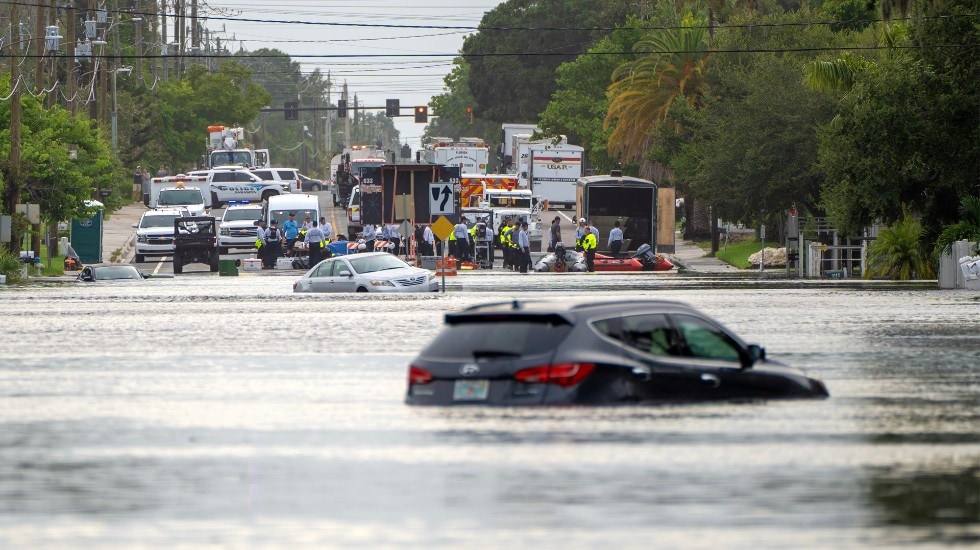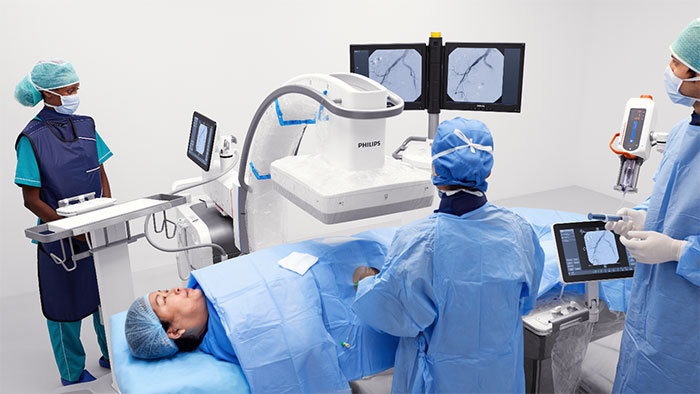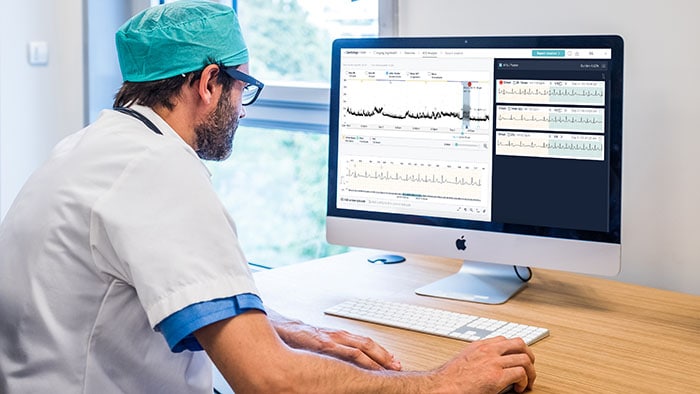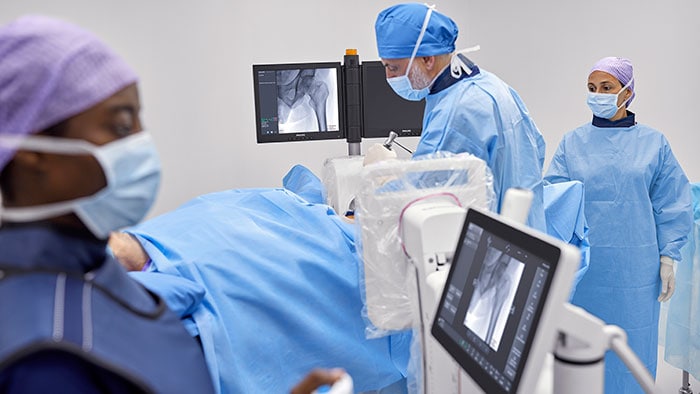Philips, Philips Foundation, and MedShare launch program to strengthen U.S. healthcare readiness for natural disasters
Sep 10, 2025 | 2 minute read
CAMBRIDGE, Mass. – In an innovative initiative to improve disaster preparedness and response, Philips, Philips Foundation, and nonprofit MedShare International are collaborating to tackle the healthcare challenges caused by natural disasters.

Unlike traditional reactive disaster response programs, this initiative prioritizes disaster preparedness as a strategy to save lives and create continuity of care. MedShare will have Philips medical equipment and other essential products on hand, ensuring these resources are available for rapid deployment when natural disasters disrupt access to healthcare. Prompted by the critical need highlighted during Hurricane Helene in 2024 [1], this strategic partnership has been designed to supply essential medical equipment and supplies to enable continuity of care to people and communities in need during times of crisis.
“By working hand-in-hand with Philips and the Philips Foundation, we’re not only staging life-saving medical equipment for rapid deployment following disasters, but we’re also reimagining sustainability in emergency response,” said Stacey Koehnke, CEO and Executive Director of MedShare International. “Together, we’re building an innovative, resilient, forward-looking system that saves lives today and strengthens response capacity for the challenges of tomorrow.”
The need for a proactive and sustainable approach to disaster response has never been more urgent. Natural disasters are increasingly compromising access to healthcare across the United States, with nearly 400 climate disasters causing over $1 billion in damages each in the past 45 years [2], causing severe damage to so many families and communities.
Philips North America is contributing ultrasound systems capable of cardiac, vascular, obstetric and gynecological imaging. These technologies, to be staged and deployed by MedShare, are supported by field service engineers for installation, maintenance and de-installation to ensure effective deployment in challenging environments. Additionally, the donation of essential mother-and-child care products such as feeding bottles and pacifiers will help to address urgent needs in disaster-affected areas.
“Every human life holds immeasurable value, and that belief drives everything we do,” said Jeff DiLullo, Chief Region Leader, Philips North America. “In times of crisis, access to quality healthcare becomes even more critical. Our partnership with MedShare and the Philips Foundation reflects our deep commitment to using innovation and collaboration to protect and uplift vulnerable communities when they need us most.”
In times of crisis, access to quality healthcare becomes even more critical. Our partnership with MedShare and the Philips Foundation reflects our deep commitment to using innovation and collaboration to protect and uplift vulnerable communities when they need us most.
Philips Foundation will provide financial aid and strategic guidance, drawing on over a decade of experience in disaster relief. In 2024 alone, the Foundation helped respond to major crises across the world, including the Noto Peninsula Earthquake in Japan and the devastating floods in Brazil, Poland, and Spain, by ensuring the rapid delivery of critical medical equipment and services.
Eddine Sarroukh, Head of the Philips Foundation, stated: “By combining Philips’ healthcare expertise with MedShare’s extensive network, we are responding to disasters and building a resilient system that supports continuity of care for the most vulnerable communities. It's great that we are teaming up with a like-minded partner to establish a disaster-preparedness model for rapid response and continuity during emergencies, we hope to see scaled.”
This two-year pilot program will serve as a model for future expansion, with a focus on durability and scalability. A key component of the program is the reusability of the donated medical equipment, which will be shipped back to MedShare for reprocessing and redeployment after each emergency. This approach not only maximizes the impact of each device but also sets a new standard, supporting reuse and encouraging environmentally practices in disaster response.
Sources [1] Fierce Healthcare (2025). 'We can't do this alone': Hospitals share lessons from Hurricane Helene to prepare for extreme weather events [2] NOAA (2024). Billion-dollar weather and climate disasters
Media contacts
You are now exiting the Philips United States (US) site and entering the Philips global site. This content is intended for a global audience. It may not apply to the US and should not be interpreted as meeting US standards, executive orders or regulations.
ContinueYou are now exiting the Philips United States (US) site and entering the Philips global site. This content is intended for a global audience. It may not apply to the US and should not be interpreted as meeting US standards, executive orders or regulations.
Continue








